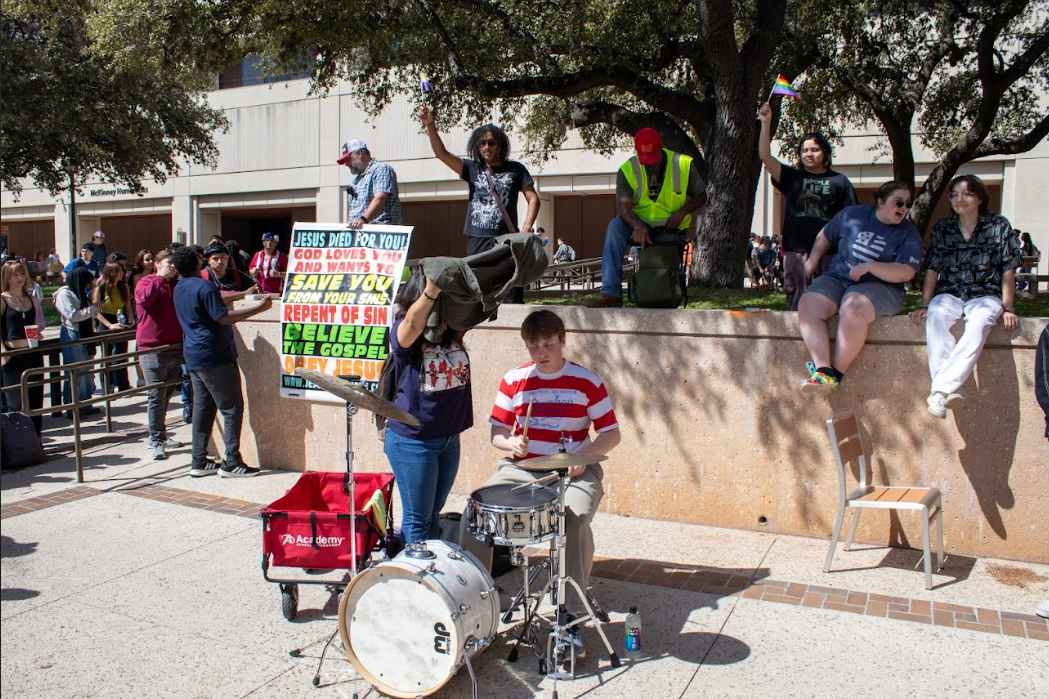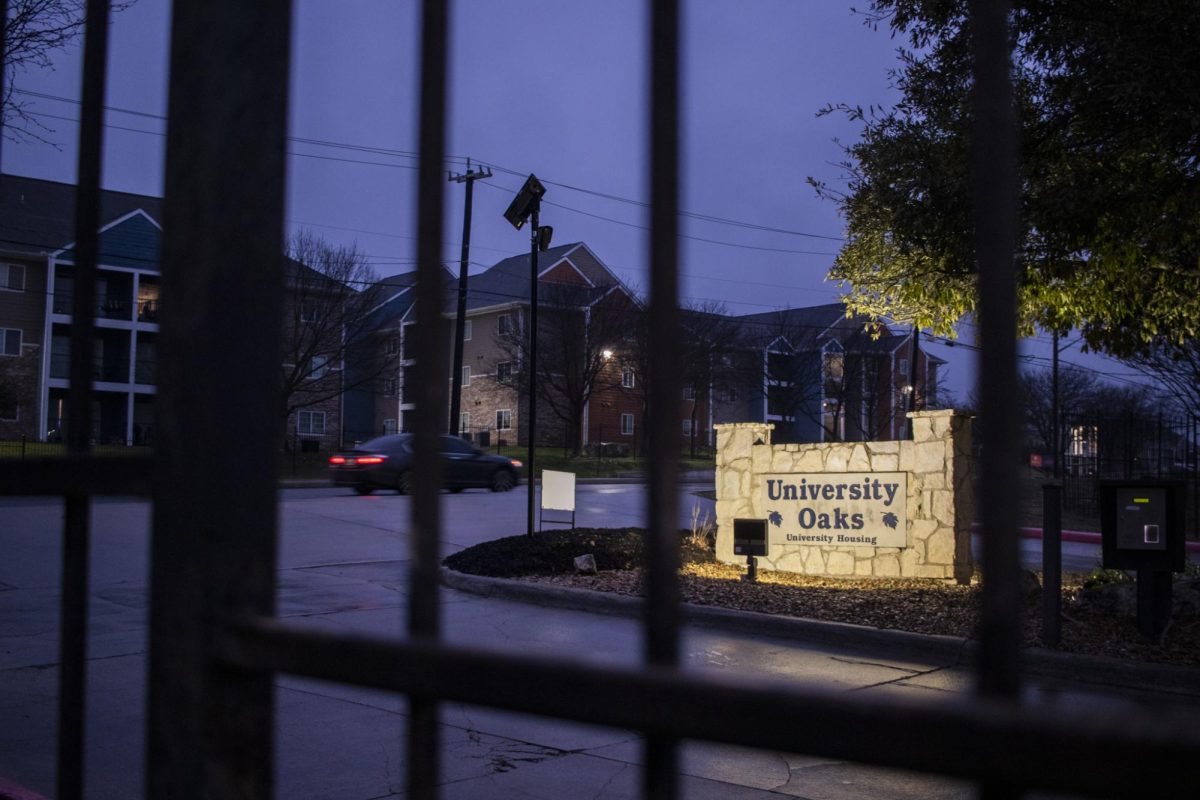__gallery.jpg)
Courtesy of Will Tallent / The Paisano
On Feb. 4, State District Judge John Dietz ruled in favor of the six plaintiffs in a major state school finance lawsuit and deemed that the funding to the Texas public education system is unconstitutional.
The six plaintiffs represent about two-thirds of the state’s school districts, which educate about 75 percent of its roughly 3.5 million students.
Dietz’s ruling quickly followed closing arguments. According to the Texas Tribune, “Dietz stated that the state does not adequately or efficiently fund public schools—and that it has created an unconstitutional de-facto property tax in shifting the burden of paying for them to the local level.”
According to the Associated Press, “Dietz based his ruling on a chart from the nonpartisan Legislative Budget Board, showing that while state spending on schools has increased and is now approaching $48 billion when adjusted for inflation, spending has actually held steady at around $30 billion between 2002 and 2011. And that’s amid a population boom that has seen enrollment in public schools increase by an average of more than 70,000 students per year, and academic standards have become far tougher over the same period.”
In 2005, Judge Dietz ruled that the former system was also unconstitutional and, subsequently, called for the state to develop a new one.
In 2011, the Legislature cut $4 billion in funding to schools and $1.4 billion to grant programs. The Legislature also implemented the Texas Assessment of Academic Readiness (STARR) to replace the former standardized test, the Texas Assessment of Knowledge and Skills (TAKS).
This cut in funding to Texas schools in lieu of the Legislature raising academic standards led the plaintiffs to file the lawsuit, whose hearings began on Oct. 22 of last year. As the Dallas Morning News reported, the plaintiffs argued that the money received by the state was inadequate to fund the programs required to meet the increased standards.
David Thompson, a partner at the Thompson & Horton law firm out of Houston, referred to Article VII, Section 1 of the Texas Constitution, which states, “support and maintenance of system of public free schools: A general diffusion of knowledge being essential to the preservation of the liberties and rights of the people, it shall be the duty of the Legislature of the State to establish and make suitable provision for the support and maintenance of an efficient system of public free schools.”
Section 2 of Article VII calls for a permanent school fund from the state.
The Dallas Morning-News reported that many poor-property districts raised their property tax to the state limit in order to offset the Legislature’s spending cuts. Dietz wrote that the increase was “merely to fulfill state mandates” and that districts “no longer have meaningful discretion in setting their tax rates,” effectively creating an unconstitutional statewide property tax.
Thompson, the lead attorney for several plaintiffs in the case, said, “Our group of plaintiffs represent all parts of the state. The system wants the state to support high standards; if you are to meet those standards, you need equitable and adequate systems for schools and students to meet those standards.”
The National Education Access Network, an organization that tracks school finance litigation, stated that since 1970, there have been seven major school finance lawsuits in the state, according to the Texas Tribune. Further, 11 states, including Colorado, Connecticut and California, currently have similar suits in progress, and only five states have not challenged funding to public schools.
While Dietz ruled in favor of the plaintiffs, the funding changes will not take place immediately, as the Texas Attorney General’s Office has the option to appeal directly to the state Supreme Court.
Texas Education Agency Commissioner Michael Williams issued the following after the ruling: “All sides have known that, regardless of the outcome at the district level, final resolution will not come until this case reaches the Texas Supreme Court. I’m appreciative of the strong case presented by the Attorney General’s Office on behalf of the state. The Texas Education Agency will continue to carry out its mission of serving the students and educators across our state.”
The current legislative session ends in May, and if the higher court upholds Dietz’s decision, a special session on school finance may convene in 2014.
The Associated Press asserted that allowing the case to make its way through lower appeals courts before it reaches the Texas Supreme Court could be a better political option.
Republicans in the Legislature may not vote in favor of increasing school funding until after the March 2014 primary to avoid challenges from Tea Party candidates. The Associated Press also claimed that the longer the case takes to get to the high court, the longer a potential special session is delayed.
After the ruling, David Hinojosa, council for one plaintiff, stated, “Moving forward, we don’t expect the Legislature to do much. It’s likely to be decided in about a year or so from the (state) Supreme Court.”
Dietz will issue a more detailed ruling in the coming weeks.








